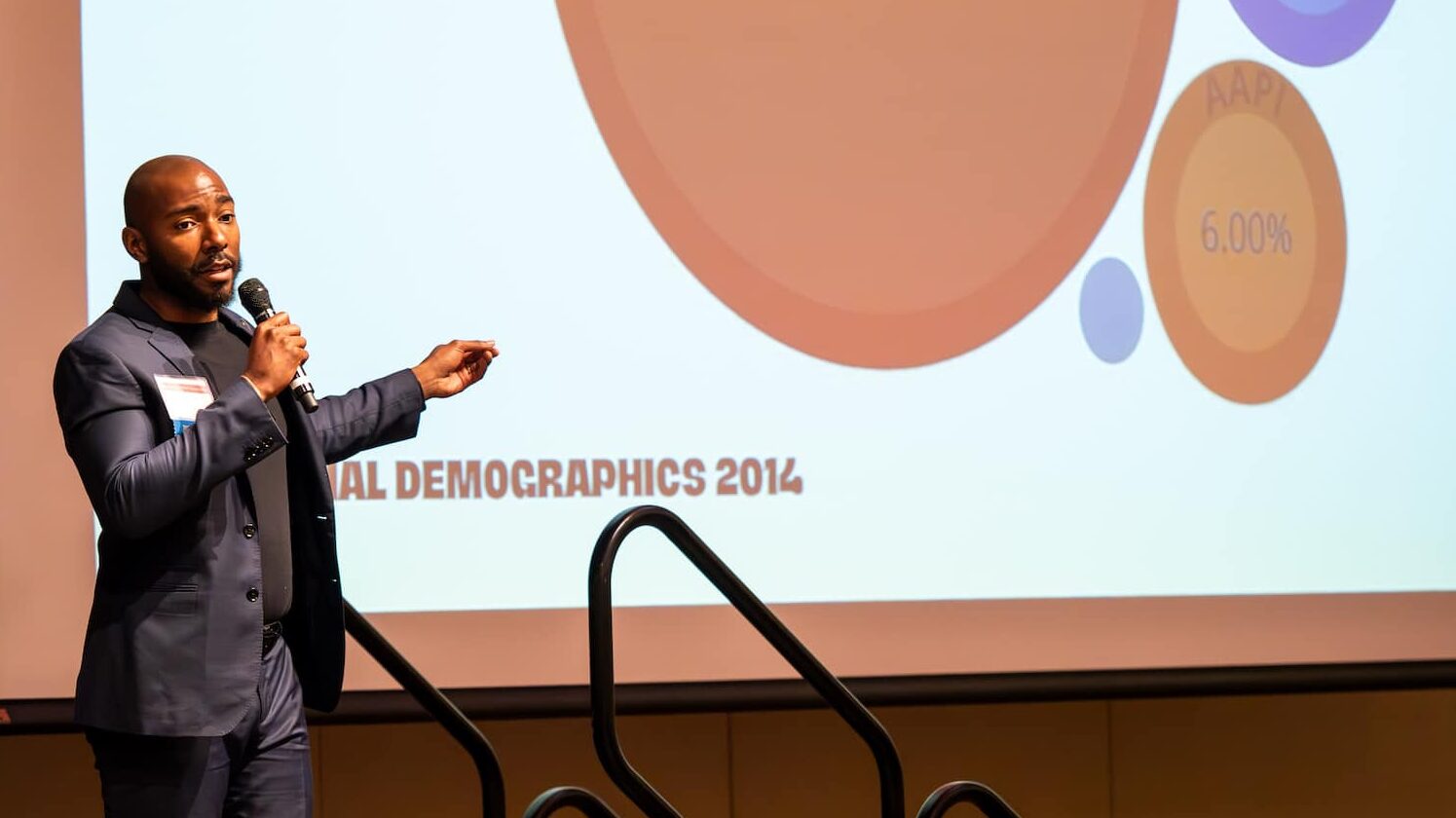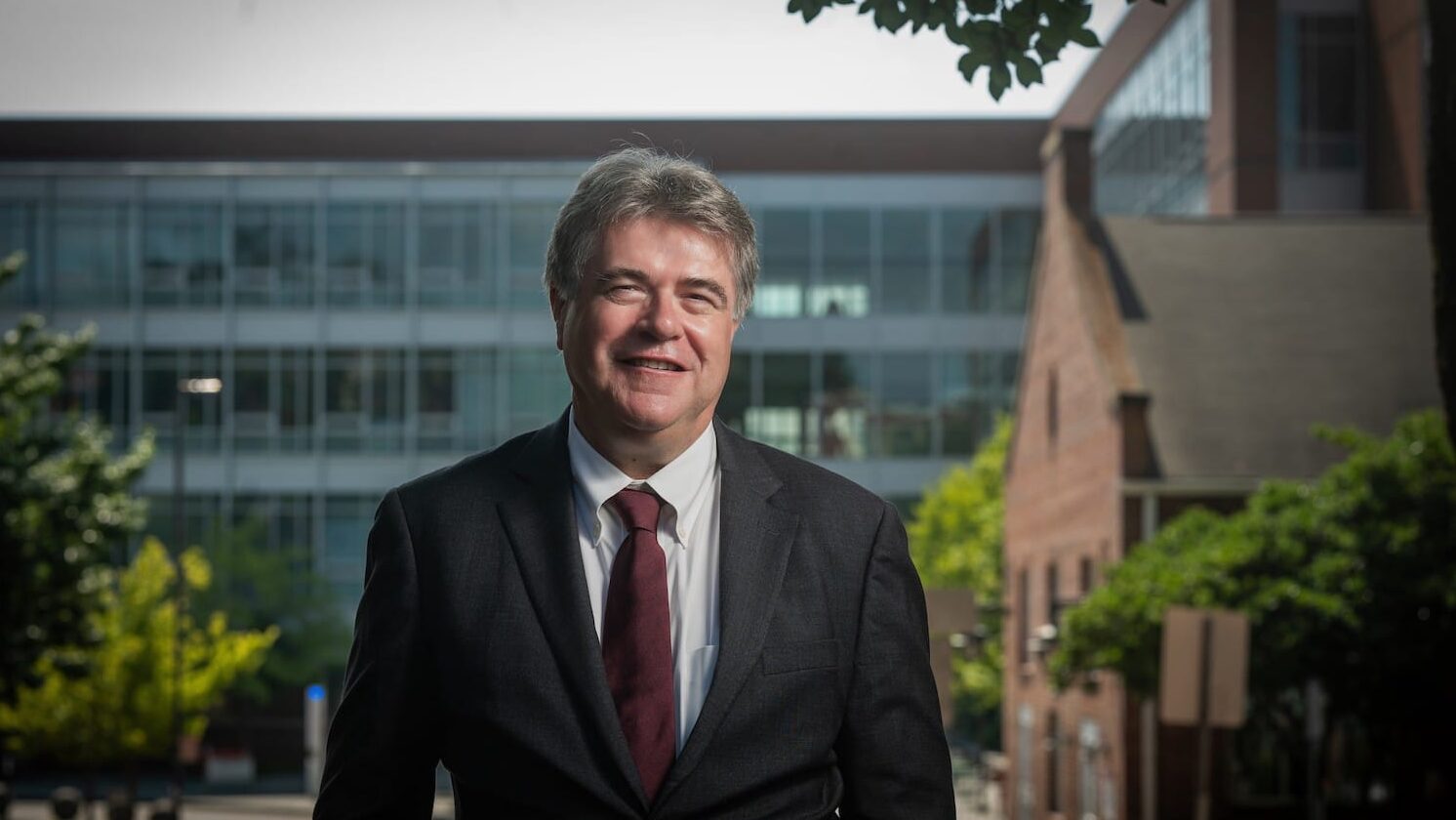Talking to Joe

“NASA discovers Alien Life”
“Sociopathic robots could overrun the human race within a generation.”
These are actual news headlines. And Joe Palca can’t stand them.
Palca, the veteran NPR science correspondent, came to NC State in March to discuss science communication in a town-hall-style session. The visit, organized by the College’s new Office of Public Science, was aimed at helping NC State science students and researchers better communicate their work.
The result was a wide-ranging discussion that covered Palca’s origins in the field, the challenges of being a science journalist, and how scientists can work with the media for the good of the public.
One of Palca’s big concerns relates to the outlandish headlines above: News outlets tend to exaggerate the significance behind science news. Palca, on the other hand, doesn’t just focus on the news. His stories are heavy on context and explore the motives of the people doing the research.
And he’s content to let a cool story be a cool story.
“I think there’s a difference between science and news,” he said. “I think the questions we ask in science are a little more probing, and the answers we get are a little more interesting.”
Before he became a science communicator, Palca was a scientist himself. He earned his Ph.D. in psychology from the University of California at Santa Cruz and taught psychology for a few years before making the jump to journalism. He joined NPR in 1992, and since then his award-winning work has covered everything from biomedical research to astronomy.
These days, listeners can hear much of Palca’s work on “Joe’s Big Idea” — an experimental series from NPR that explores the methodical madness of scientific research without the sensational headlines. Palca says he’s delighted whenever someone learns something new from his work, but he doesn’t approach his job from the perspective of an educator.
He is a storyteller, not a teacher; an informant, not an instructor.
“Nobody learns anything—in the sense of an education— from what I do on NPR,” he said. “You’re going to learn something that gives you the depth of knowledge necessary to make informed decisions in three and a half minutes? I’m afraid not.”
But even though no one will be getting degrees from Joe Palca Polytechnic anytime soon, the journalist keeps aiming his stories at a wide variety of people — especially those who may not be all that interested in science.
“A lot of people are science-phobic,” Palca said. “What I’m trying to do is put an end to that.”
- Categories:


